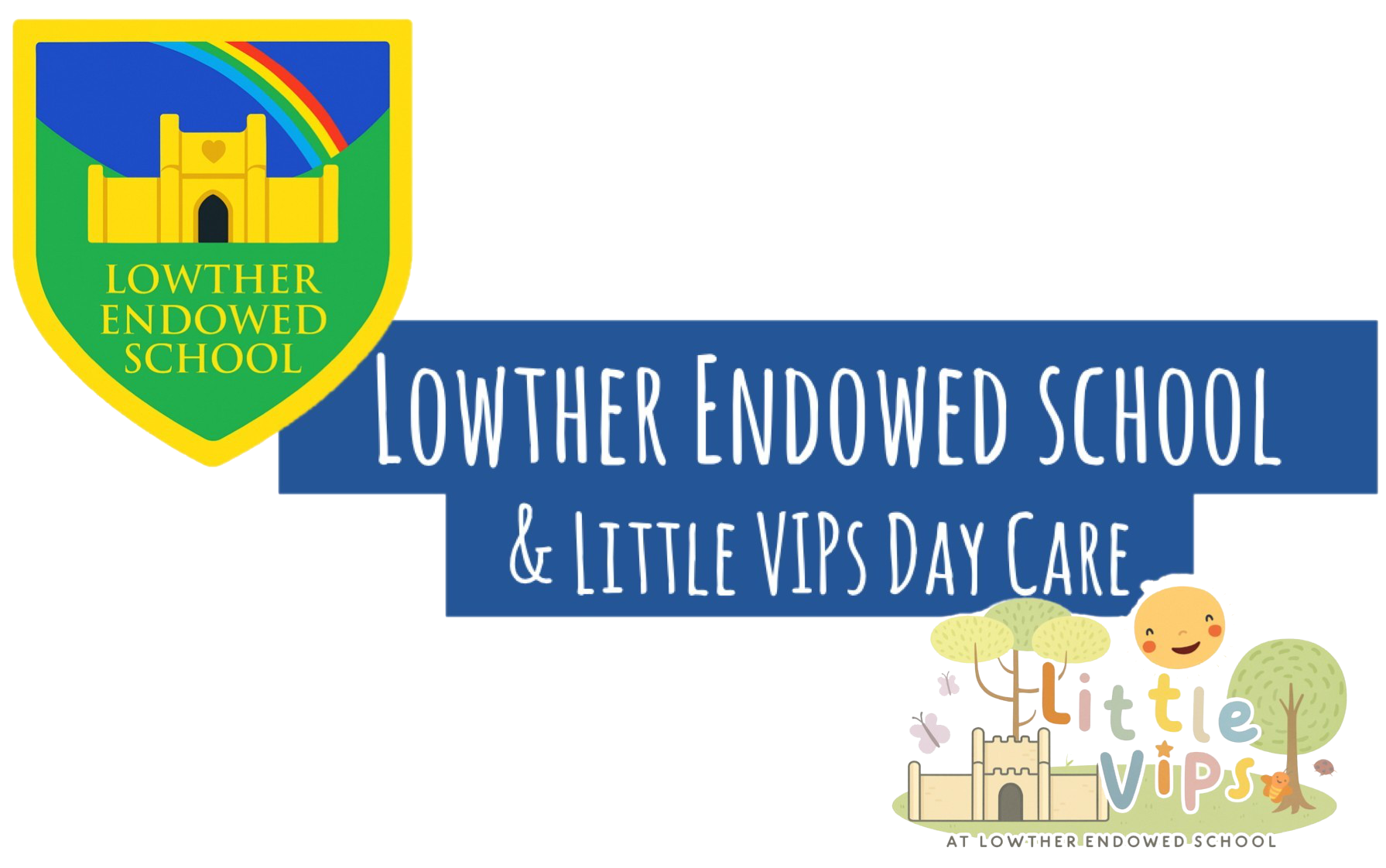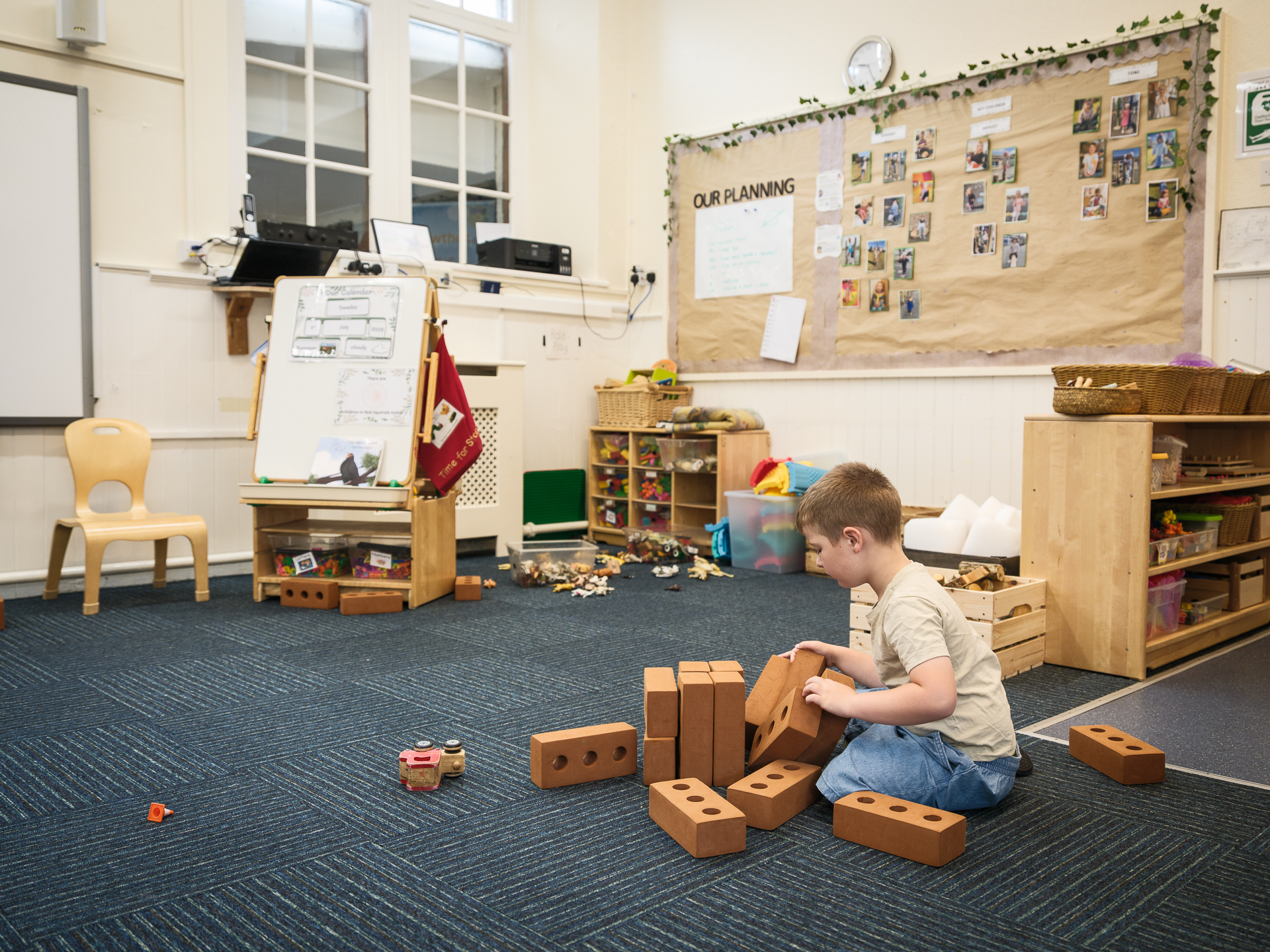Physical Education
Physical Education is valued not only for its contribution to physical health and development but also for its role in promoting teamwork, perseverance, confidence, and emotional wellbeing. Our PE curriculum provides all children with the opportunity to enjoy being active, develop fundamental movement skills, and understand the importance of a healthy lifestyle. Through a range of sports and physical activities, we aim to instil a lifelong love of movement, activity, and wellbeing.
Intent
Our PE curriculum aims to:
-
Develop physical literacy through a range of movement skills in games, gymnastics, dance, athletics, and outdoor adventurous activities.
-
Promote positive attitudes towards physical activity, encouraging enjoyment, confidence, and resilience.
-
Support the development of social skills such as teamwork, communication, and leadership.
-
Ensure pupils understand how physical activity contributes to a healthy body and mind.
-
Provide opportunities for children to compete and achieve their personal best.
-
Foster a culture of inclusion, where all pupils feel successful regardless of ability.
-
Use the outdoors and the school’s natural environment to extend physical activity beyond the classroom.
Implementation
-
PE is taught through a broad and balanced programme that follows national curriculum requirements and is adapted for mixed-age groups.
-
Weekly lessons are delivered by class teachers and/or sports coaches with expertise in delivering high-quality sessions.
-
Units are carefully sequenced to develop core physical skills before progressing to more complex techniques and game strategies.
-
Children experience a wide variety of activities including team sports (football, netball, cricket), gymnastics, dance, athletics, and multi-skills.
-
Outdoor and adventurous activities take place using our local area, school grounds, and wider community opportunities (e.g. orienteering, nature trails).
-
Pupils take part in intra- and inter-school competitions, festivals, and enrichment events with local schools.
-
Swimming is taught in Key Stage 2 to ensure all children meet the national requirement for water safety and swimming competence.
-
Lessons integrate health education, focusing on the importance of exercise, rest, hydration, and nutrition.
-
Staff promote inclusive practice, ensuring all children, including those with SEND, participate fully and enjoy PE.
Impact
-
Pupils develop a strong foundation of physical skills and a growing understanding of how to lead an active, healthy lifestyle.
-
Children demonstrate confidence, enthusiasm, and resilience in physical challenges and team settings.
-
Pupils show good sportsmanship, respect for rules, and an understanding of fair play.
-
Increased participation and enjoyment in physical activity contribute positively to mental wellbeing and self-esteem.
-
Children are physically active throughout the school day, supporting their focus and engagement in all areas of learning.
-
Pupils are well prepared for physical education at secondary level and confident to try new sports and physical challenges.
-
Assessment shows steady progression of skills and understanding across all year groups.
Cultural Capital in PE
Our PE curriculum helps build cultural capital by:
-
Offering pupils access to a wide range of physical activities and sports, some of which may be new to their personal or cultural experiences.
-
Encouraging participation in community and competitive sports, developing confidence, and broadening life experiences.
-
Promoting key values such as teamwork, resilience, leadership, and respect—essential qualities in sport and life.
-
Developing awareness of global sporting events and cultural approaches to physical activity.
-
Supporting aspirations by exposing children to a range of role models in sport and discussing future pathways into health and fitness careers.
-
Encouraging engagement in outdoor and adventurous activities, helping children develop independence and problem-solving skills.
What does PE look like in EYFS .....
In the Early Years Foundation Stage, Physical Development is a key area of learning. PE in EYFS focuses on:
-
Developing gross and fine motor skills through climbing, running, jumping, balancing, catching, and throwing.
-
Using both structured PE lessons and continuous outdoor provision to practise movement and coordination.
-
Encouraging spatial awareness and safe movement in both indoor and outdoor environments.
-
Teaching children to follow simple instructions and work cooperatively in pairs and small groups.
-
Incorporating dance, action songs, and movement games to build rhythm, balance, and expressive movement.
-
Promoting physical activity through child-led play and adult-guided tasks using balls, bikes, climbing frames, and other equipment.
-
Building early understanding of healthy choices—such as food, hydration, and rest—through stories and practical activities.
-
Developing resilience, independence, and confidence as children challenge themselves physically in a safe, supportive environment.


